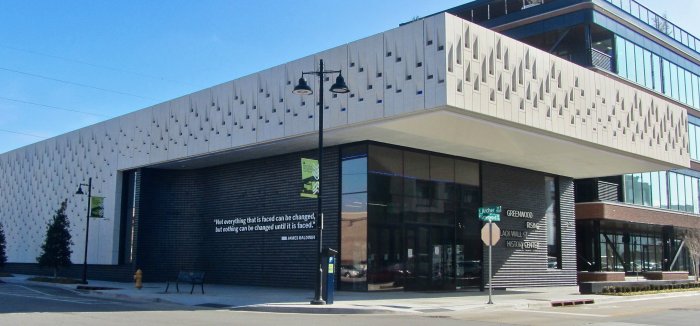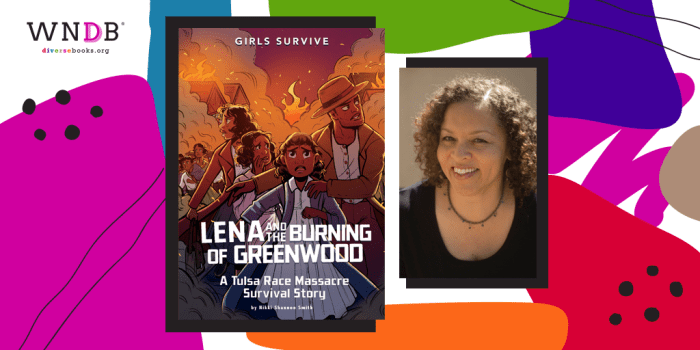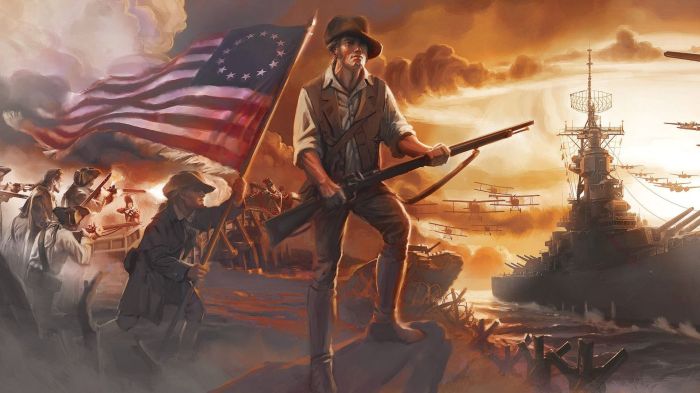Lena and the burning of greenwood – Delving into the intersection of Lena Horne’s activism and the Tulsa Race Massacre of 1921, this exploration uncovers a compelling narrative of resilience, resistance, and the enduring impact of racial injustice. Through Lena Horne’s life and work, we witness the power of art and advocacy in shaping history.
From Horne’s iconic performances to her unwavering commitment to civil rights, her story intertwines with the broader struggle for equality and the devastating legacy of racial violence in America.
Lena Horne and the Civil Rights Movement
Lena Horne was an influential figure in the Civil Rights Movement. She used her platform as an entertainer to raise awareness about racial injustice and challenge stereotypes.
Lena Horne’s Activism
- Participated in the March on Washington in 1963
- Spoke out against segregation and discrimination
- Supported the Montgomery Bus Boycott
Lena Horne’s Contributions
- Her performances and speeches inspired others to join the movement
- Her activism helped to raise awareness about the plight of African Americans
- Her work helped to pave the way for future civil rights leaders
Lena Horne’s Performances and Legacy

Lena Horne was a multi-talented performer who achieved success in film, television, and music.
Lena Horne’s Life and Career
- Born in Brooklyn, New York in 1917
- Began her career as a dancer in the Cotton Club
- Starred in several Hollywood films, including “Stormy Weather” and “Cabin in the Sky”
Lena Horne’s Iconic Performances
- Her performance of “Stormy Weather” is considered one of the greatest musical performances of all time
- She was also known for her renditions of “The Lady Is a Tramp” and “I Got Rhythm”
- Her performances helped to break down racial barriers in the entertainment industry
Lena Horne’s Influence on American Culture

Lena Horne was a powerful force for change in American culture.
Challenging Racial Stereotypes
- Her performances challenged the prevailing stereotypes of African Americans
- She portrayed African American characters with dignity and strength
- Her work helped to change the way that African Americans were perceived by the public
Influencing Other Artists
- Her work inspired a generation of African American artists
- She was a role model for other African American women
- Her work helped to create a more inclusive and diverse American culture
The Burning of Greenwood: Historical Context
The Tulsa Race Massacre of 1921 was one of the worst acts of racial violence in American history.
Events Leading Up to the Massacre
- Tensions between white and black residents of Tulsa had been simmering for years
- A white mob attacked a black man accused of assaulting a white woman
- The mob then burned down the Greenwood district, a thriving black community
Aftermath of the Massacre
- Over 300 people were killed and thousands were left homeless
- The Greenwood district was completely destroyed
- The massacre had a devastating impact on the African American community in Tulsa
Lena Horne’s Response to the Burning of Greenwood
Lena Horne was deeply affected by the Tulsa Race Massacre.
Her Reaction
- She was outraged by the violence and destruction
- She spoke out against the massacre and demanded justice
- She used her platform to raise awareness about the plight of African Americans
Influence on Her Activism, Lena and the burning of greenwood
- The massacre strengthened her commitment to the Civil Rights Movement
- She became more outspoken about racial injustice
- She worked to build bridges between black and white Americans
The Legacy of Lena Horne and the Burning of Greenwood: Lena And The Burning Of Greenwood
The legacy of Lena Horne and the Tulsa Race Massacre continues to resonate today.
Remembering and Learning
- It is important to remember the Tulsa Race Massacre and its victims
- We must learn from the mistakes of the past to prevent future acts of violence
- We must work to create a more just and equitable society for all
Inspiration for Activism
- The stories of Lena Horne and the Tulsa Race Massacre continue to inspire activists today
- They remind us that we must never give up the fight for justice
- They inspire us to work towards a better future for all
Question & Answer Hub
Who was Lena Horne?
Lena Horne was an acclaimed singer, actress, and civil rights activist who challenged racial stereotypes and advocated for equality throughout her career.
What was the Tulsa Race Massacre?
The Tulsa Race Massacre was a horrific act of racial violence that occurred in Tulsa, Oklahoma, in 1921, resulting in the deaths of hundreds of African Americans and the destruction of the prosperous Greenwood community.
How did Lena Horne respond to the Tulsa Race Massacre?
Horne was deeply affected by the massacre and used her platform to raise awareness about racial injustice and advocate for the victims and survivors.
